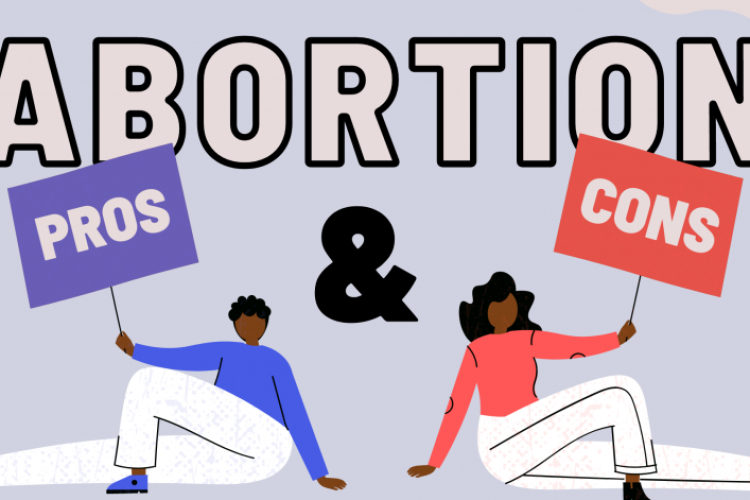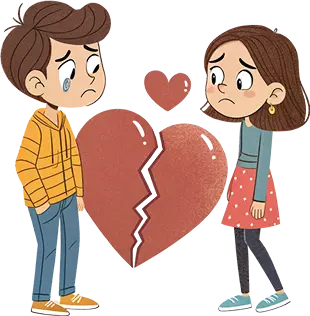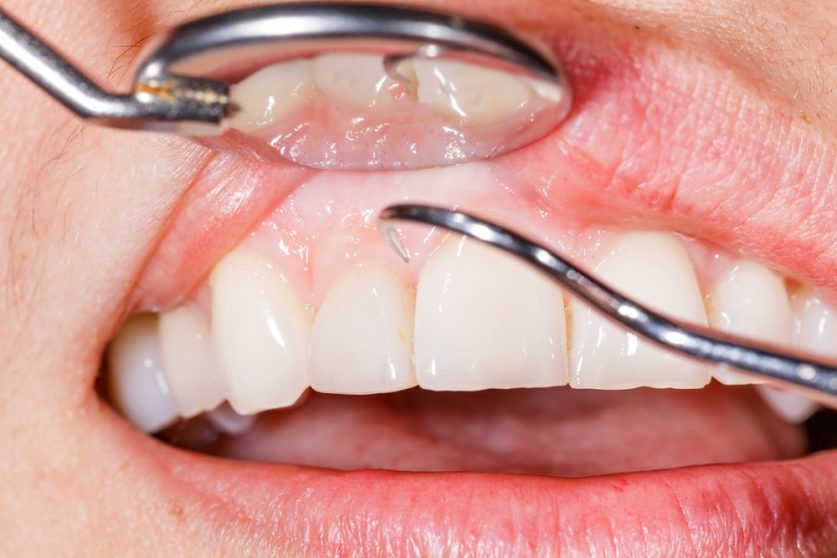The Pros and Cons of Abortion: Why Everyone Should Be Informed
Learning about all the pros and cons of abortion gives you the right information to make an informed decision about whether or not it’s right for you, as well as which type of abortion procedure you might want to consider if it is. But how can you know what these pros and cons are? Here’s what you need to know about the pros and cons of abortion so that you’re empowered with all the knowledge you need to make this big decision.
What is an abortion?
An abortion is a medical procedure in which a pregnancy is terminated before it can produce a live baby. Abortions are carried out for many reasons, including medical ones such as not enough oxygen or nutrition to sustain development. Medical abortions can be induced with medication, usually mifepristone and misoprostol. They are also sometimes performed surgically; they then require an anesthetic because they involve penetration into a living organ (the uterus).
What are the main arguments surrounding it?
Typically, abortion falls into one of two camps: pro-life or pro-choice. The main arguments for abortion center around a woman’s right to her own body and ability to make decisions about her own life; it is important to remember that many women view abortion as a last resort. On the other side, those against it may say that a fetus still has life in it, making abortion murder. Some pro-lifers call themselves pro-voice, meaning they aim to show compassion and understanding toward women who have had abortions while also maintaining their stance against it.
What if you get an abortion later in life?
Earlier abortions can be had for as little as $100, but later-term abortions are much more expensive. The cost depends on various factors, including how far along you are in your pregnancy. Some states have laws that put limitations on late-term abortion costs. If you decide to get an abortion in your 20s or 30s, but you need one later in life, it’s a good idea to know what options will be available to you when you decide it’s time.
Abortions lead to less depression, right?
Although there are certainly pro-life arguments for abortion, it seems that an argument could be made for abortions positively impacting overall mental health. Studies show that people who have had an abortion experience less depression than people who have given birth—and while correlation is not causation, it seems likely that ending a pregnancy is related to lower rates of depression. This may mean that women are more likely to choose abortions in cases where they’re being pressured or coerced into giving birth. Women who want children but aren’t ready or don’t have good support systems might consider abortions as well.
What happens if you don’t get an abortion?
Most abortions can be done in two ways, either by taking two pills or a medical procedure. Either way, you’ll probably experience some cramping and bleeding, but it doesn’t last long. You will also have to wait several weeks before getting pregnant again because there is a risk that your body might reject a fetus after an abortion (in medical terms called reproductive failure). If you don’t get an abortion, though, you might face more serious risks. For example, if you don’t do anything about it and have a miscarriage instead, there is still a chance that you could die from hemorrhaging or infection.
Common concerns women have about abortion
The most common concerns women have about abortion are whether or not it is morally acceptable, if it is legal, if they will be able to get an abortion in their state, and what type of procedure they will need. Having a good understanding of these issues can help put any worries or concerns you might have at ease. If you’re concerned about having an abortion because you don’t believe in it morally, research has shown that 95% of people who are against abortion do not believe it should be illegal. Similarly, 78% think that even though they personally disagree with abortion on moral grounds, doctors should still perform abortions for women seeking them.
What does society think about abortions?
There are generally two camps on abortion in society. The first is those who believe that it should be legal at any point in a pregnancy. This group, which most closely resembles what Roe v Wade defines as an absolutist stance, believes that all women have a right to choose and that their autonomy over their own bodies trumps any concerns about when life begins or whether they can actually afford to raise a child. The second camp considers abortion murder, no matter what stage of pregnancy, even though there are major medical exceptions (like fetal defects) to when abortions can happen after 12 weeks but before 24 weeks for example. This group tends to think that being born alive means having rights and thus should be protected under all circumstances.

















